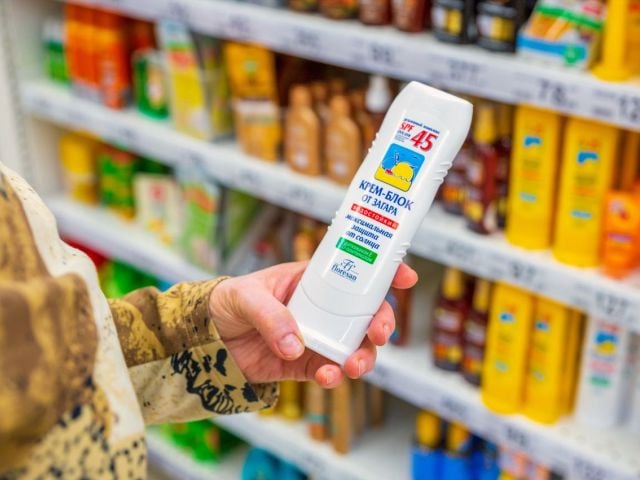WASHINGTON – The Environmental Working Group applauds today’s introduction of House legislation that would require the Department of Agriculture to reassess seven potentially harmful food chemicals used in meat, poultry and eggs.
The Agricultural Food Chemical Reassessment Act of 2024 would require the secretary of agriculture to update its regulation of the seven chemicals based on a fresh review of their potential to harm human health. The reassessment would be carried out by the administrator of the USDA’s Food Safety and Inspection Service.
The bill was introduced by Rep. Jan Schakowsky (D-Ill.).
The chemicals the bill takes aim at are butylated hydroxyanisole, or BHA, butylated hydroxytoluene, or BHT, cetylpyridinium chloride, sodium aluminum phosphate, sodium nitrate, sulfuric acid and titanium dioxide. They are added to meat, dairy and eggs as emulsifiers, colorants and preservatives and as disinfecting agents in the packaging process.
“Harmful additives in food are a top concern for consumers, and for good reason,” said Tasha Stoiber, Ph.D., senior scientist with the Environmental Working Group. “The chemicals targeted by this bill haven’t been meaningfully reviewed for safety for decades – if ever. EWG applauds Rep. Schakowsky for making the safety of our food a priority.”
Some of the chemicals entered the marketplace through a loophole that lets food additive makers – and not federal regulators – determine that the substances are generally recognized as safe, or GRAS.
The USDA has not thoroughly reviewed any of the seven chemicals for decades, despite new science suggesting they may harm human health.
- BHA was last evaluated in 1977. It can cause hormone disruption and increase the risk of cancer. It’s been on California’s Proposition 65 list of cancer-causing chemicals since 1990.
- BHT was last evaluated in 1977. The chemical has been linked to a higher risk of cancer, endocrine disruption and harm to the kidneys, blood, liver and lungs.
- Cetylpyridinium chloride was last reviewed in 2004 and has been recognized as GRAS by the Food and Drug Administration. It’s been linked to eye and skin irritation, environmental toxicity, and possible hormonal and immunological harm. It’s been banned for use in the European Union.
- Sodium nitrate was approved for use in 1958 and has not been reevaluated since 1984. It may be harmful to the reproductive system and an increased risk of cancer. Its use has been banned in Norway and Sweden.
- Sodium aluminum phosphate was listed as GRAS in 1977. It’s been linked to toxicity and aluminum accumulation, which is associated with harm to the nervous system, especially for people with impaired kidney function who are less able to remove aluminum from the body. Most uses of this additive have been banned in the EU, including all uses in meat, poultry and egg products.
- Sulfuric acid was recognized as GRAS in 1980. It has been linked to cancer, ulcerative colitis, changes to DNA and inflammation from sulfur exposure.
- Titanium dioxide has been approved for use as a color additive since 1972. The EU and six other countries have banned it from use. The nanoparticles of titanium dioxide may damage DNA.
“Other countries regularly review the safety of chemicals used in food and food processing to reflect new science,” said Scott Faber, EWG’s senior vice president for government affairs. “And the USDA periodically reviews other chemical safety standards, including those for pesticides. But these food chemicals have fallen into a regulatory black hole.
“This legislation will ensure the USDA takes much needed action to get these harmful chemicals out of our meat and dairy,” he added.
###
The Environmental Working Group (EWG) is a nonprofit, non-partisan organization that empowers people to live healthier lives in a healthier environment. Through research, advocacy and unique education tools, EWG drives consumer choice and civic action.



